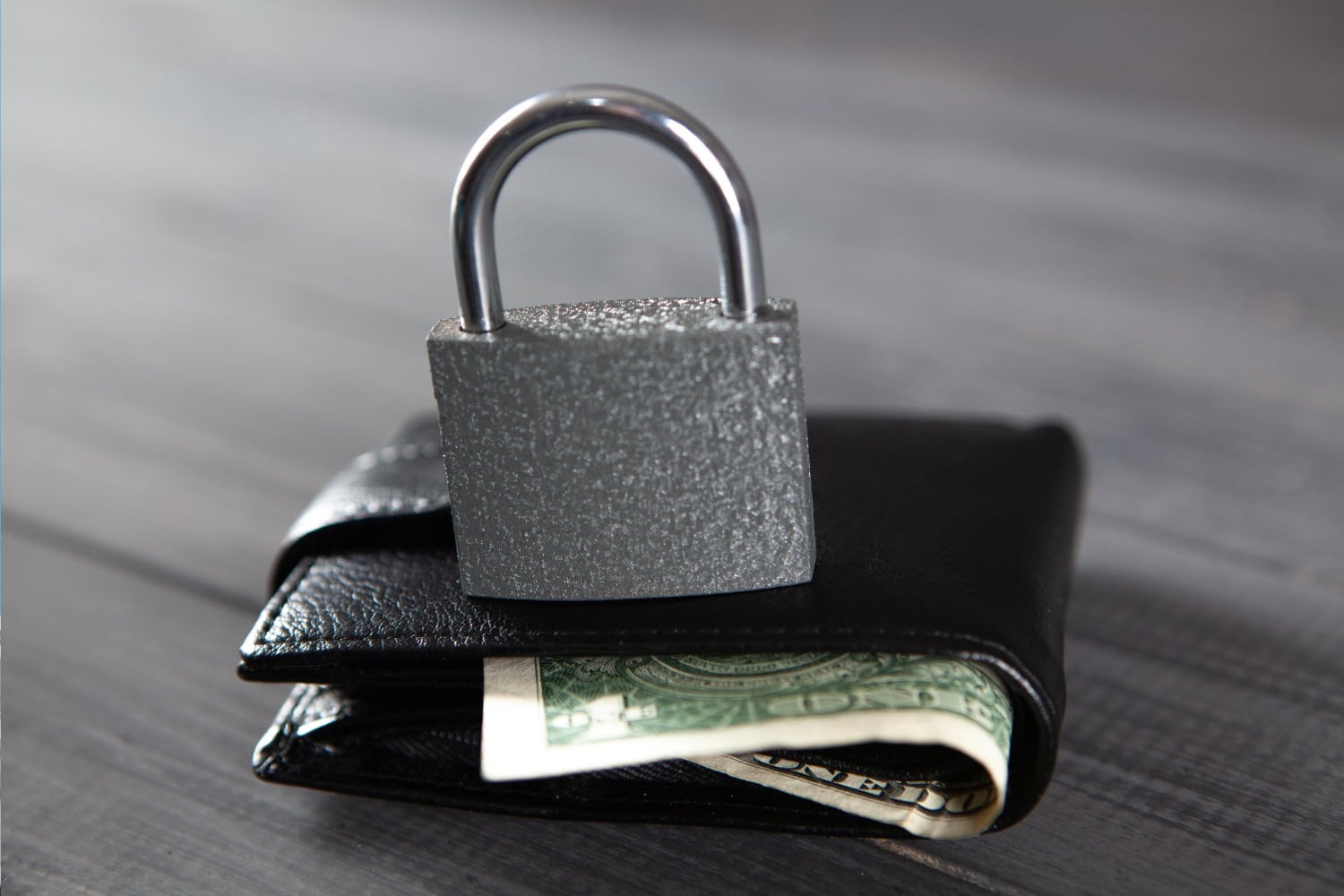How to Protect Your Assets from Becoming Unclaimed

Unclaimed assets, such as forgotten bank accounts, uncashed checks, and investment funds, can accumulate over time if not carefully managed. To prevent your hard-earned money from slipping through the cracks and ending up in state unclaimed property offices, it’s essential to take proactive steps. Here’s how you can protect your assets and ensure they remain within your control.
1. Keep Your Contact Information Updated
One of the main reasons assets become unclaimed is outdated contact information. If you move, change phone numbers, or update your email address, make sure to notify all relevant financial institutions, employers, and service providers. This includes banks, investment firms, insurance companies, and any entities where you have active accounts or policies.
Tip: Create a checklist of places where you need to update your contact details whenever you change your information to ensure nothing is missed.
2. Regularly Review Financial Accounts
Staying connected to your finances is crucial for preventing assets from becoming unclaimed. Make it a habit to review your bank accounts, credit union accounts, investment portfolios, and retirement funds regularly. Ensure that there is activity in each account at least once a year, as inactivity can sometimes trigger the transfer of assets to unclaimed property offices.
Pro Tip: Set up automated reminders or alerts to periodically check on your accounts.
3. Keep a Secure Record of Your Assets
Document all financial accounts, insurance policies, safe deposit boxes, and any other assets in a secure and organized manner. This record should include account numbers, contact information for the institutions holding these assets, and details of beneficiaries. Keeping a digital copy, backed up in a secure location, can ensure that you or your beneficiaries can access this information when needed.
"Staying organized is key. Knowing exactly what you own and where it’s held can prevent potential loss," financial advisor Amy Lee explains.
Search for Unclaimed Money
Find lost assets that may be yours by starting a simple search today.
4. Communicate with Your Beneficiaries
It’s essential to keep your beneficiaries informed about the assets you hold. Many unclaimed funds arise because beneficiaries aren’t aware of the existence of accounts or policies. Share the location of important financial records and discuss your estate plan with trusted family members or a financial advisor. This ensures that your loved ones know where to look if needed.
Important: Keep these discussions documented and updated whenever significant changes are made to your assets or beneficiaries.
5. Cash Checks and Claim Payments Promptly
Uncashed checks, including payroll, dividend, or refund checks, can easily become unclaimed assets. Always cash or deposit checks as soon as you receive them. If a check is misplaced or lost, contact the issuing party to have it reissued. Timely action can prevent these payments from becoming unclaimed funds held by state offices.
6. Monitor Your Employer Benefits and Retirement Accounts
If you change jobs or retire, make sure to monitor your 401(k), pension, or other retirement accounts. Rolling over these accounts into an active account or consolidating them can help prevent them from being forgotten or transferred to unclaimed property.
"People often overlook old employer benefits, which can add up over time," says retirement planning expert John Martin. Ensuring that you keep track of these benefits can safeguard your future finances.
Search for Unclaimed Money
Find lost assets that may be yours by starting a simple search today.
7. Set Up Direct Deposit
Where possible, set up direct deposit for payments, including payroll, tax refunds, dividends, and other financial distributions. This reduces the risk of checks getting lost in the mail or being forgotten, and it ensures that funds go directly into your account without delay.
Why It Matters: Direct deposits are not only convenient but also secure, minimizing the risk of checks becoming unclaimed due to oversight.
8. Regularly Search for Unclaimed Property
Even with the best practices, it’s possible for assets to slip through the cracks. Make it a habit to periodically check for unclaimed property using your state’s unclaimed property database or tools like our Unclaimed Money Finder. This proactive step can help you recover any forgotten or overlooked assets before they are permanently lost.
Conclusion
Preventing your assets from becoming unclaimed requires diligence, organization, and proactive communication. By following these steps, you can safeguard your financial well-being and ensure that your assets remain under your control. If you suspect that you might have unclaimed assets, don’t hesitate to conduct a search and take immediate action.
Search for Unclaimed Money
Find lost assets that may be yours by starting a simple search today.
